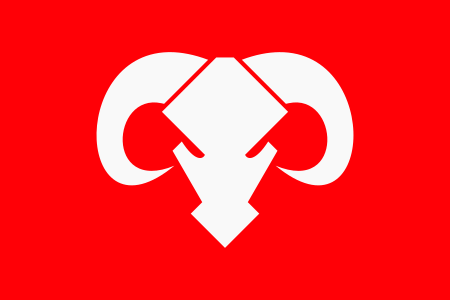
International Incidents
THE TERMS • Q & A • HELP & RESOURCES • SET UP INSTRUCTIONS • THREAD BANS & OP POWERS
Welcome to International Incidents!
As a board, International Incidents is fundamentally dedicated to nation-based roleplaying that involves your "NationStates country" (the country bound to your account or expressed by your account) and any roleplays which have the intent to possibly involve others, often in an antagonistic manner (conflict, though not necessarily war). This doesn't mean you won't find a wide variety of types of threads here, but if you're asking yourself, "Should I post in II or NationStates?" ask instead, "Do I want this thread to have the potential to involve others or otherwise invoke a plot which spreads beyond my country?" If the answer is "yes," it likely belongs here.
For many members of the NationStates roleplaying community, those who enjoy playing as their country and various aspects of it, International Incidents and NationStates will often be considered your home. While other boards - such as Factbooks & National Information, Global Economics & Trade, and NS Sports - focus on specific aspects or nuances of your country, a vast majority of roleplayers will find themselves spending most of their time in II or NS. It should be noted here, however, that while there can be significant overlap (both in thread types and player communities) between International Incidents and NationStates, time has allowed for distinct communities to arise in each; there will be differences between what most often is best placed in II and what is most often best placed in NS. Some of this simply involves the player acclimating to their surroundings; don't worry, you'll catch-on soon enough!
This thread is something of a continuation of both Jenrak's "Welcome to International Incidents" and Euroslavia's "The International Incidents Stickies." While this thread will endeavor to be a new player's gateway to getting involved in International Incidents, don't hesitate to read-over the prior iterations as they can be invaluable in learning about the context of the roleplaying community and its history.
If you have any questions, you will want to use the Questions thread pinned at the top of the forum.
Good luck and good fun!
— Kyrusia
(Original poster)
As a board, International Incidents is fundamentally dedicated to nation-based roleplaying that involves your "NationStates country" (the country bound to your account or expressed by your account) and any roleplays which have the intent to possibly involve others, often in an antagonistic manner (conflict, though not necessarily war). This doesn't mean you won't find a wide variety of types of threads here, but if you're asking yourself, "Should I post in II or NationStates?" ask instead, "Do I want this thread to have the potential to involve others or otherwise invoke a plot which spreads beyond my country?" If the answer is "yes," it likely belongs here.
For many members of the NationStates roleplaying community, those who enjoy playing as their country and various aspects of it, International Incidents and NationStates will often be considered your home. While other boards - such as Factbooks & National Information, Global Economics & Trade, and NS Sports - focus on specific aspects or nuances of your country, a vast majority of roleplayers will find themselves spending most of their time in II or NS. It should be noted here, however, that while there can be significant overlap (both in thread types and player communities) between International Incidents and NationStates, time has allowed for distinct communities to arise in each; there will be differences between what most often is best placed in II and what is most often best placed in NS. Some of this simply involves the player acclimating to their surroundings; don't worry, you'll catch-on soon enough!
This thread is something of a continuation of both Jenrak's "Welcome to International Incidents" and Euroslavia's "The International Incidents Stickies." While this thread will endeavor to be a new player's gateway to getting involved in International Incidents, don't hesitate to read-over the prior iterations as they can be invaluable in learning about the context of the roleplaying community and its history.
If you have any questions, you will want to use the Questions thread pinned at the top of the forum.
Good luck and good fun!
— Kyrusia
(Original poster)


